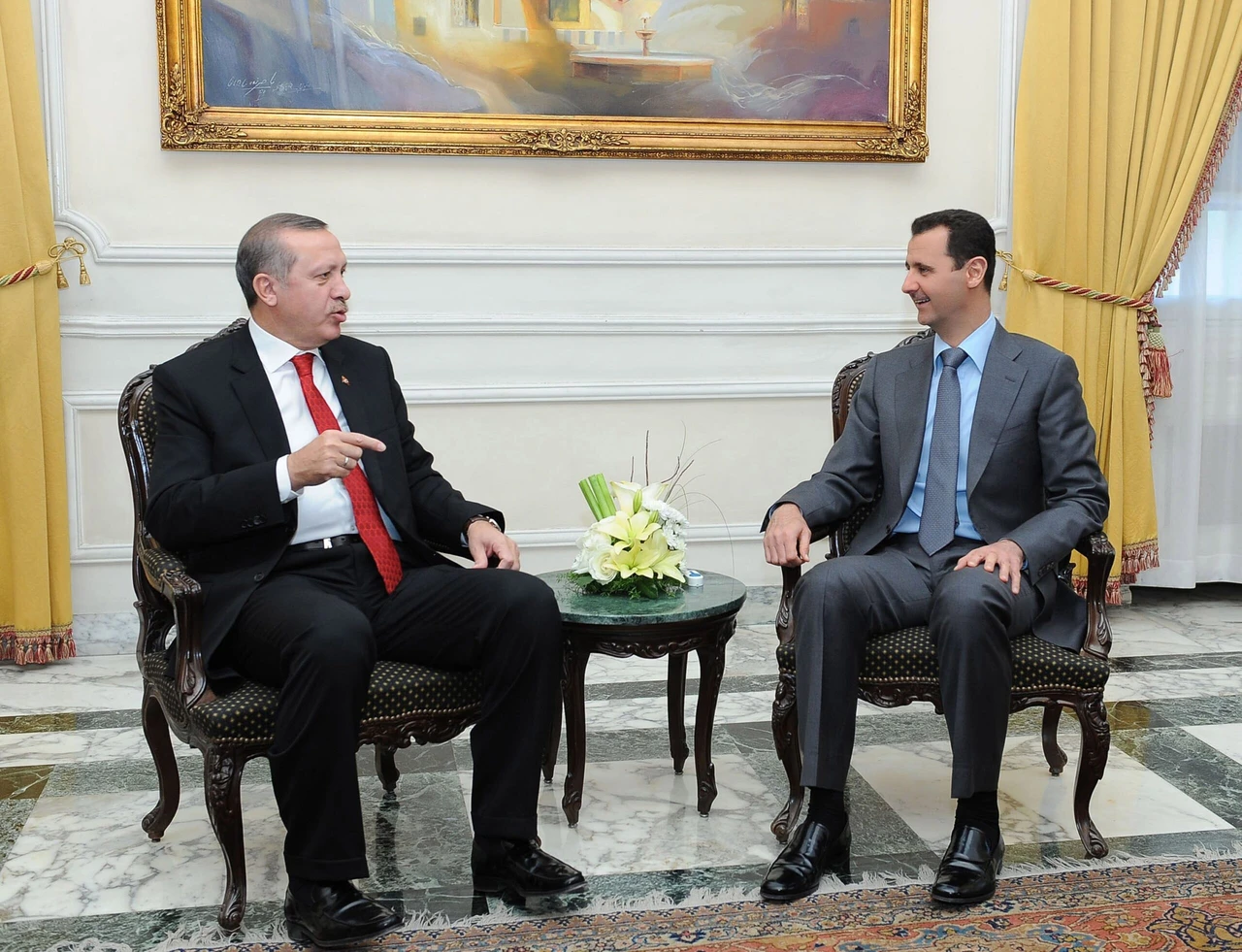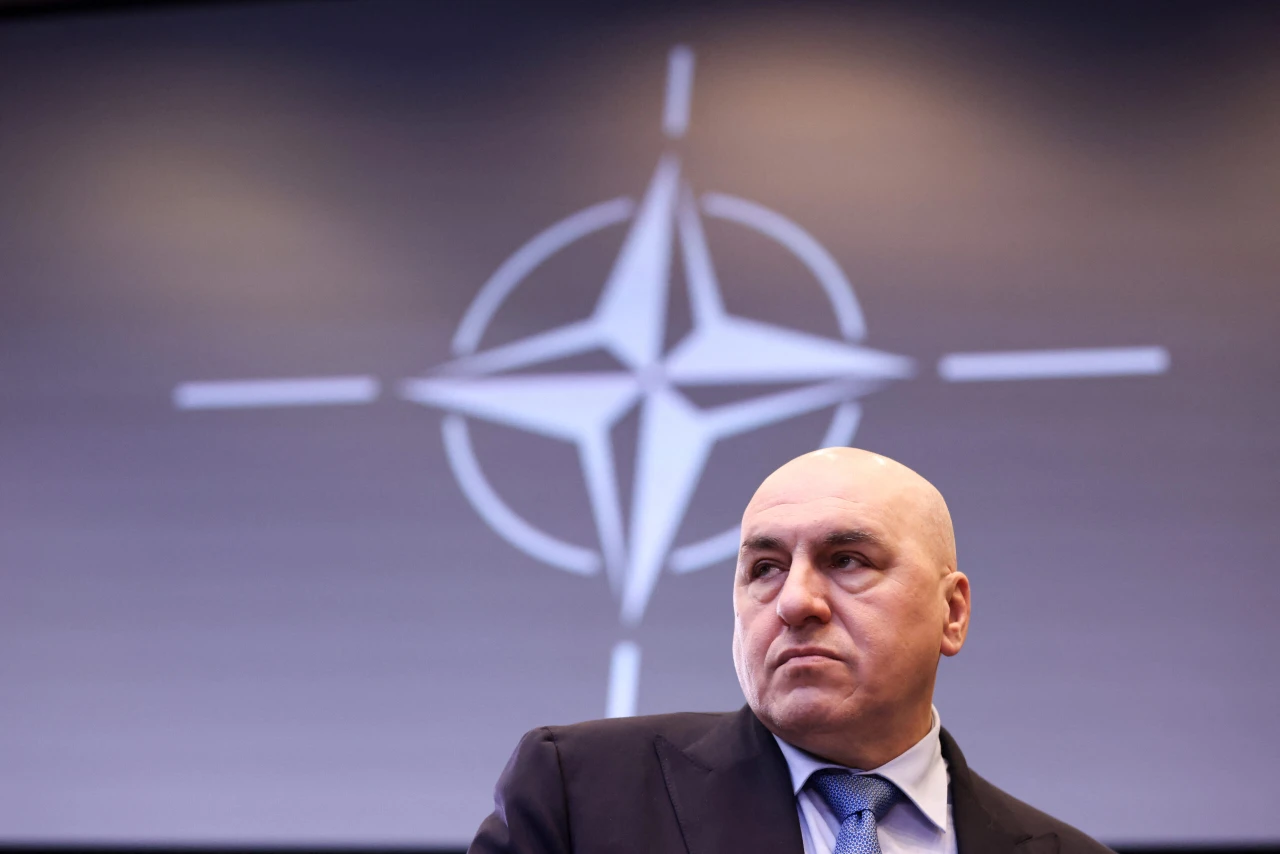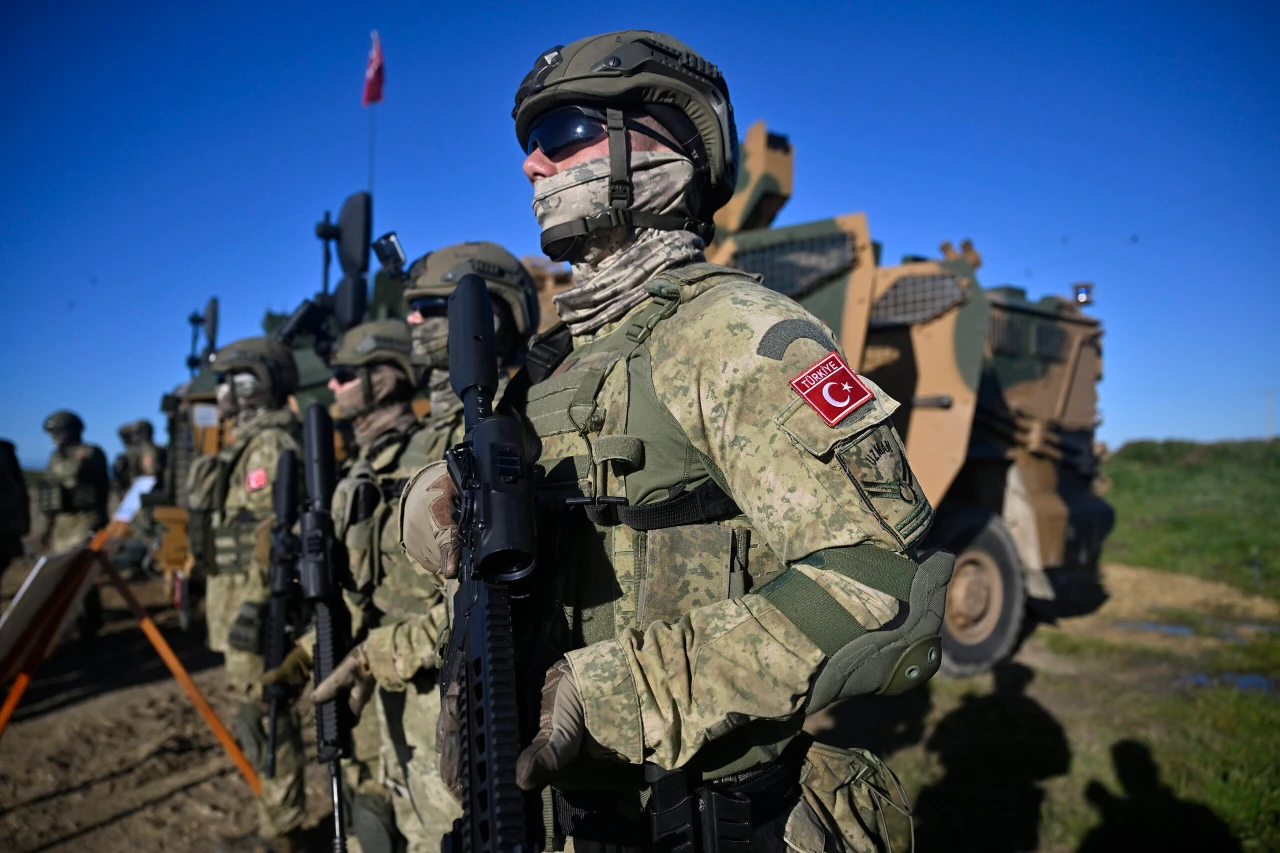Russia backs Türkiye-Syria dialogue, condemns Ukraine’s attacks on Kursk
 Then-Prime Minister Recep Tayyip Erdogan meets with Syrian President Bashar Assad in Aleppo, Syira on Feb. 6, 2011. (Reuters Photo)
Then-Prime Minister Recep Tayyip Erdogan meets with Syrian President Bashar Assad in Aleppo, Syira on Feb. 6, 2011. (Reuters Photo)
Russian Foreign Ministry Spokesperson Maria Zakharova expressed strong support for the normalization of relations between Türkiye and Syria, praising the ongoing diplomatic efforts.
In a statement, Zakharova noted that “a very good foundation has been laid for dialogue,” highlighting the importance of high-level discussions to advance Türkiye-Syria relations.
Zakharova also addressed recent developments in Ukraine, condemning the Ukrainian army’s attacks on Russia’s Kursk region. She claimed that such actions have effectively eliminated the possibility of negotiations with Kyiv.
“Western leaders are supporting the crimes and terrorist acts committed by Kyiv against civilians,” Zakharova asserted. She accused the West of backing these attacks, citing the presence of foreign mercenaries and military equipment in Kursk as evidence of this support.
Russia slams NATO member states
Further, Zakharova dismissed claims that NATO countries are withholding intelligence from Kyiv, stating, “None of this is true.”
She criticized NATO member states for attempting to distance themselves from responsibility for Kyiv’s actions and described Ukrainian arguments justifying the Kursk attacks as “absurd and fabricated.”
In addition, Zakharova called for the immediate implementation of the United Nations Security Council and General Assembly resolutions concerning the Gaza Strip. “We emphasize the need for a cease-fire and unrestricted humanitarian access to the region,” she said.
Turning to the situation in Armenia, Zakharova accused Yerevan of undermining the tripartite agreement between Azerbaijan, Armenia, and Russia.
She stated that the Armenian administration, influenced by Western interests, is deflecting blame for its strategic failures. “This is another example of Yerevan blaming others for its own mistakes,” Zakharova remarked.
On the Türkiye-Syria issue, Zakharova reiterated Russia’s support for the normalization process, emphasizing the significance of continued dialogue and coordination. “We support the normalization of relations between the two countries,” she said, noting the effectiveness of the Astana format in facilitating this process.



